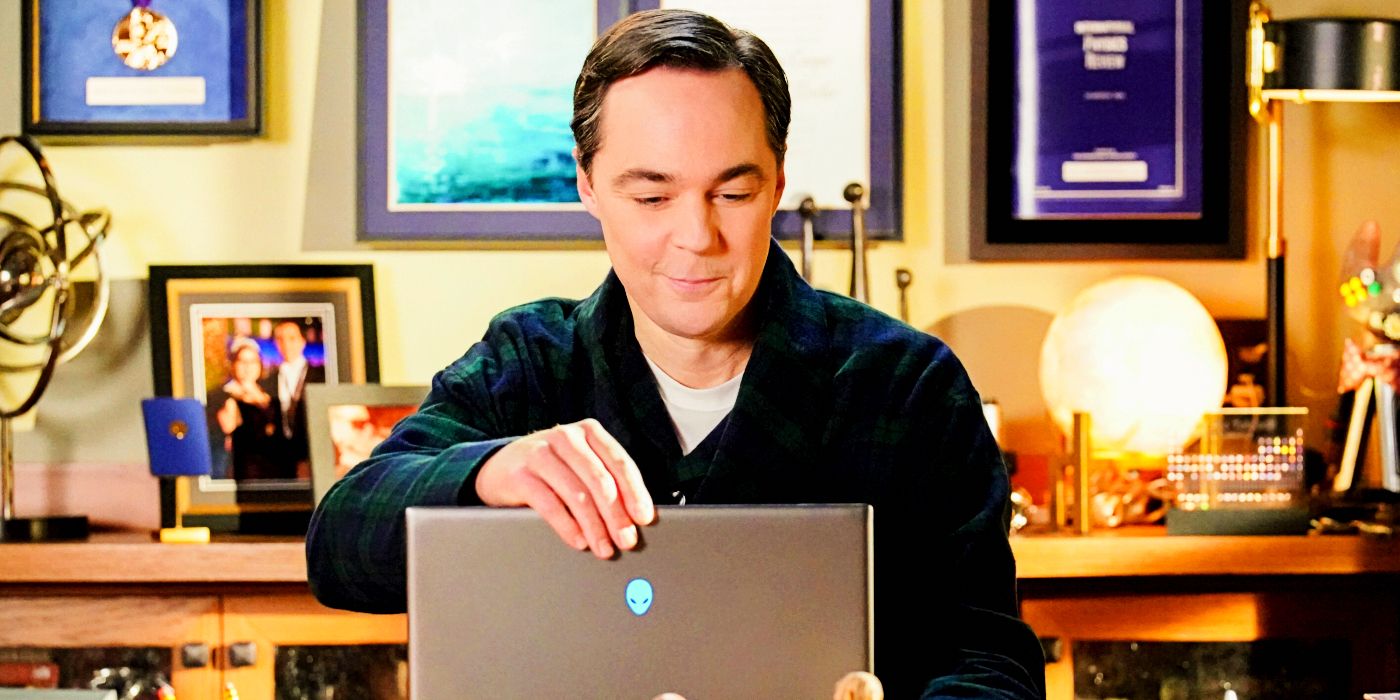
The Rise of an Unlikely Hero
When The Big Bang Theory premiered in 2007, it introduced viewers to a new kind of leading man—Sheldon Cooper. A brilliant theoretical physicist with a disdain for social norms, Sheldon wasn’t suave or emotionally accessible. He was rigid, obsessive, and often frustrating. But over twelve seasons, he became one of the most iconic and beloved characters in television history.
Behind this transformation was Jim Parsons, whose masterful performance earned him four Primetime Emmy Awards, a Golden Globe, and a place in pop culture’s upper echelon. Sheldon’s quirks became catchphrases. His T-shirts became merchandise. And his impact reached far beyond the confines of a sitcom.
A Character Built on Precision
Sheldon Cooper was not an easy role to play. His speech patterns were technical, his cadence robotic, and his behavior unapologetically odd. Yet Jim Parsons brought a natural rhythm and an empathetic depth that made the character relatable—even when he was correcting your grammar or refusing to sit anywhere but “his spot” on the couch.
Parsons approached Sheldon not as a caricature, but as a man driven by logic and structure. His physicality—sharp hand movements, straight posture, exaggerated facial expressions—became essential to the character. And his delivery of complex scientific jargon was seamless, often delivered at breakneck speed without losing clarity.
Sheldon wasn’t just an oddball. Underneath his arrogance and rigidity was a wounded heart—one that feared chaos and rejection. Parsons understood that. He gave Sheldon layers, making him more than a punchline.
A Cultural Phenomenon
Sheldon quickly became the breakout star of The Big Bang Theory. Audiences were drawn to his intelligence, his strange sense of honesty, and his refusal to conform. Bazinga!—his signature catchphrase—became a household word.
Fans began showing up to conventions dressed as Sheldon. Physics departments at universities saw surges in enrollment, some crediting the show for making science cool again. Sheldon’s quirks were dissected in academic papers, blogs, and social media forums. Was he autistic? Did he have obsessive-compulsive disorder? While the show never confirmed diagnoses, it opened discussions around neurodiversity in ways mainstream TV rarely had.
Parsons’ Creative Control and Exit
As the series progressed, Parsons gained more creative influence behind the scenes. His dedication to the role never wavered, but by Season 12, he made a difficult decision: it was time to step away.
In 2018, Parsons announced he would not return for a 13th season, prompting the show’s creators to end the series altogether. His departure was not due to drama or creative disagreements—it was about knowing when to walk away. After more than a decade, he felt he had explored all aspects of Sheldon.
“I played the hell out of that character,” he later said in an interview. And few would disagree.
A Legacy Beyond the Sitcom

Leaving The Big Bang Theory didn’t mark the end of Parsons’ influence—it marked a new chapter. He pivoted to producing, lending his voice as narrator and executive producer of the spinoff Young Sheldon, which explores the character’s early years in East Texas. The show added emotional depth to Sheldon’s backstory, and Parsons’ presence helped bridge the generational gap between series.
He also explored dramatic roles, including in Ryan Murphy’s Hollywood and the film The Boys in the Band. These performances showcased his range, proving he was not defined by a single role—even one as towering as Sheldon Cooper.
Parsons co-founded the production company That’s Wonderful Productions, helping bring diverse, character-driven stories to screens big and small.
The Personal Side of the Genius
Off-screen, Jim Parsons is notably different from Sheldon. He’s warm, expressive, and collaborative. Openly gay, Parsons has spoken candidly about his personal life, his marriage to art director Todd Spiewak, and the journey to self-acceptance. His advocacy for LGBTQ+ visibility in media has earned him widespread respect.
Despite his fame, Parsons maintains a sense of humility. He often credits his co-stars, writers, and the audience for the show’s success, reminding everyone that The Big Bang Theory was an ensemble achievement—even if Sheldon often stole the scene.
The Lasting Impact of Sheldon Cooper
Sheldon Cooper was more than a TV character—he was a cultural touchstone. He gave visibility to those who process the world differently. He made intelligence aspirational and emotional vulnerability heroic. Through Jim Parsons’ artistry, Sheldon taught us that being different isn’t just okay—it can be extraordinary.
In an age where most sitcom characters fade into reruns, Sheldon Cooper continues to resonate. His awkwardness, his brilliance, his stubbornness—all of it reflected the beautiful complexity of being human. And thanks to Jim Parsons, that complexity was never something to laugh at, but to laugh with.